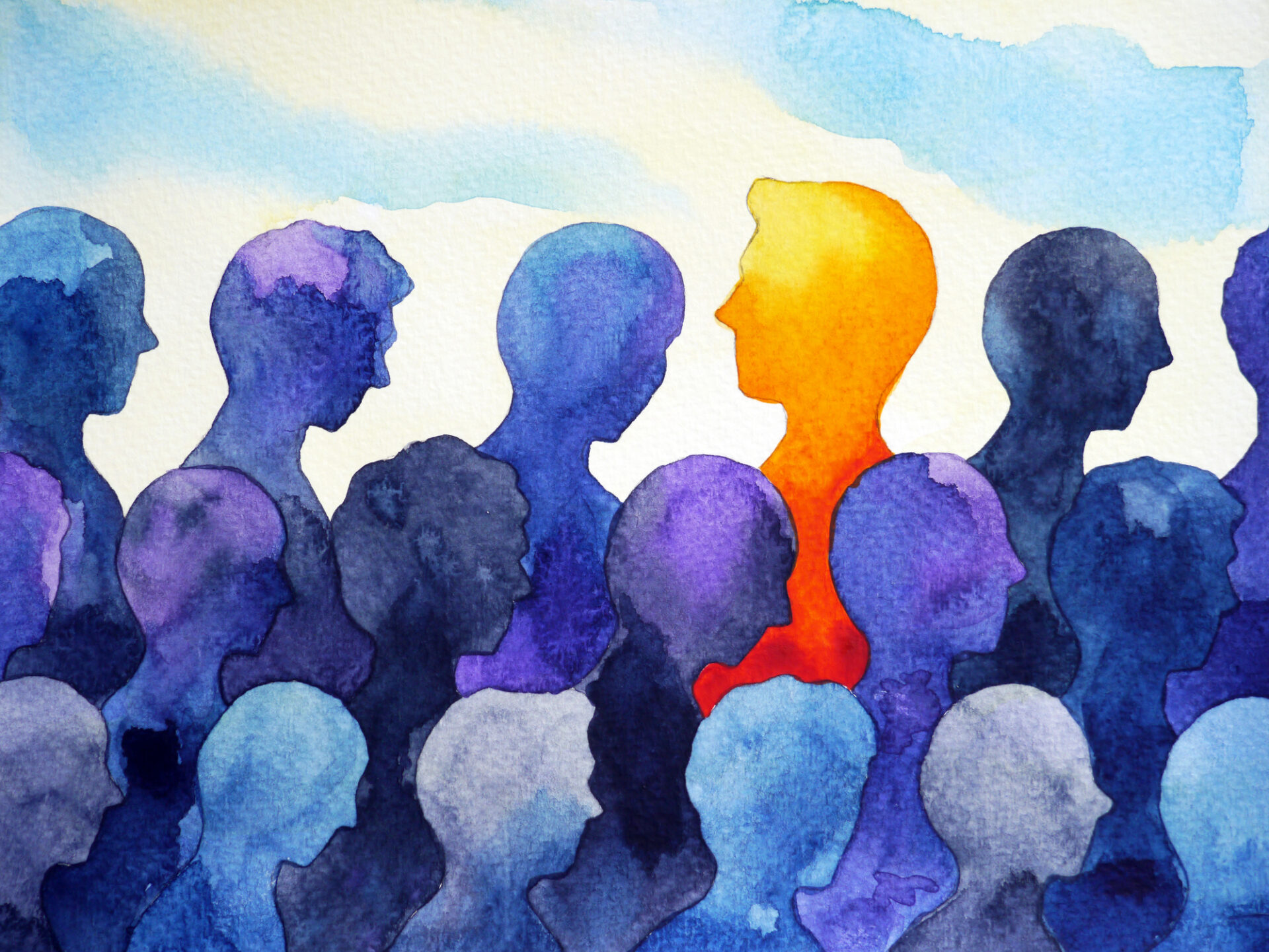Individual freedom is central to the classical liberal tradition. In contrast to other political ideologies that place the collective above the individual, liberalism prioritizes the autonomy and rights of each person. Systems such as communism, nationalism, or theocracy often treat individuals as instruments for achieving broader social, state, or party objectives. Under these ideologies, people’s interests and freedoms are subordinated to collective goals, reducing the individual to a mere tool for the state and whatever other ends the state claims to serve.
Liberalism takes a different view. It asserts that individuals are not means to an end but ends in themselves. People deserve the freedom to follow their own beliefs, pursue their own goals, and live according to their own values. This respect for personal autonomy does not imply selfishness; individuals can and often do choose to prioritize the needs of their families, communities, or society. The distinction is that, in a liberal framework, these choices are voluntary. They stem from personal responsibility, compassion, or commitment, rather than being imposed through coercion.
Liberalism promotes a system where individuals can freely determine their actions and live their lives without undue interference from others, including the state.
Political systems that impose collective goals at the expense of individual rights violate this principle of freedom. When the state or society demands that individuals sacrifice their autonomy for the supposed greater good, it disregards their status as independent agents capable of making their own choices. As an alternative, liberalism promotes a system where individuals can freely determine their actions and live their lives without undue interference from others, including the state. This respect for individual choice is not just a moral ideal; it is essential for a fair and functional society.
Individual Freedom

Artwork commissioned by the Institute for Humane Studies
Freedom for All, Without Exception
Liberalism upholds the idea that freedom is a right for all individuals, regardless of their background, beliefs, or status. While some other systems might profess a concern with equality, they contradict it through a demand for conformity and suppression of diverse perspectives. Liberalism recognizes that true respect for individuals involves embracing the diversity of thought, belief, and action that arises when people are free to make their own decisions.
In societies that prioritize individual freedom, there is room for different values, lifestyles, and ambitions to coexist peacefully. By allowing individuals the freedom to pursue their own paths, liberalism acknowledges the equal moral worth of every person. When this principle is respected, society becomes a space where diverse ideas can flourish, contributing to a more dynamic and adaptable society.
Only a society that respects individual freedom allows for the genuine recognition of each person’s ability to contribute uniquely to the broader social fabric.
On the other hand, illiberal systems that impose a single vision or set of priorities on everyone tend to be rigid and arbitrary. By claiming to know what is best for all, they inevitably suppress dissenting voices and limit personal autonomy. Such systems disregard the idea that individuals are best positioned to make decisions about their own lives. Only a society that respects individual freedom allows for the genuine recognition of each person’s ability to contribute uniquely to the broader social fabric.
The Practical Benefits of Individual Freedom
Beyond its moral dimension, liberalism’s emphasis on freedom also offers practical benefits. Societies that embrace this principle tend to be more prosperous, innovative, and stable. The reason for this is straightforward: when people are free to explore, experiment, and pursue their own visions, they are likely to discover collaborative solutions to societal issues. The diversity of ideas that arises from this freedom fosters progress and abundance.
When people are free to explore, experiment, and pursue their own visions, they are likely to discover collaborative solutions to societal issues.
The free market is a prime example of how individual freedom operates in practice. In a market economy, individuals engage in voluntary exchanges based on mutual benefit. Entrepreneurs, driven by their own ambitions and creativity, develop products and services that meet the needs of others. This process, driven by individual initiative and voluntary cooperation, is far more effective than any centrally planned alternative. It leverages the knowledge, skills, and creativity of millions of people rather than relying on the judgment of a small group of decision-makers who cannot account for the complexity of society’s needs.
Collectivist economic models, whether socialist or nationalist, tend to stifle this process. By placing the collective interest above individual autonomy, they discourage innovation and resist new ideas that challenge the status quo. As a result, these systems often lead to inefficiency, stagnation, and even corruption, as power becomes concentrated in the hands of a few who decide the direction for everyone else.
While freedom of exchange, property, and enterprise are part of this vision, so too are the freedom to love, to connect, to grow, and to thrive in other areas of life.
But what is true of economic freedom also applies in other contexts. The same principles apply to individuals in cultural and social contexts: the freedom of determining their own balance of tradition and innovation, of finding different ideas of the good life, of making their own decisions, and of freely forming their own relationships and associations. While freedom of exchange, property, and enterprise are part of this vision, so too are the freedom to love, to connect, to grow, and to thrive in other areas of life. Each of these is inseparable from the others; they are all manifestations of the fundamental right to live your life as you see fit.
The Moral and Social Value of Freedom
Respecting individual freedom is not just an effective way to organize society; it is also a morally sound approach. When people are free to make their own decisions, they have the opportunity to pursue lives that align with their own values and aspirations. This autonomy is essential for the development of personal virtues like responsibility, integrity, and empathy. These qualities cannot be cultivated in an environment where options are dictated by external authorities.
In liberal societies, people are given the freedom to make their own decisions, and they are held accountable for those decisions.
Liberalism recognizes that individuals, though imperfect, are capable of making their own moral judgments. This freedom to make choices, even when it leads to mistakes, is fundamental to living a meaningful life. When the state or any other authority tries to impose a particular set of values or behaviors, it diminishes the role of the individual as an autonomous agent. In liberal societies, people are given the freedom to make their own decisions, and they are held accountable for those decisions. This balance of freedom and responsibility not only respects their autonomy, but also encourages the development of a thoughtful and engaged citizenry.
When people are free to live according to their own values, they are more likely to extend the same respect to others.
Individual freedom promotes a culture of tolerance and cooperation. When people are free to live according to their own values, they are more likely to extend the same respect to others. This mutual recognition creates the conditions for peaceful coexistence and voluntary cooperation, allowing diverse groups and communities to thrive. Societies that suppress individual freedom in the name of conformity or unity produce division and conflict instead, as competing factions vie for control over the mechanisms of power.
Liberalism’s commitment to individual freedom lays the foundation for a society where diversity is embraced and cooperation is voluntary. By prioritizing the autonomy of each person, it fosters a peaceful and productive social order where individuals can all enjoy “the pursuit of happiness” on their own terms.
